-
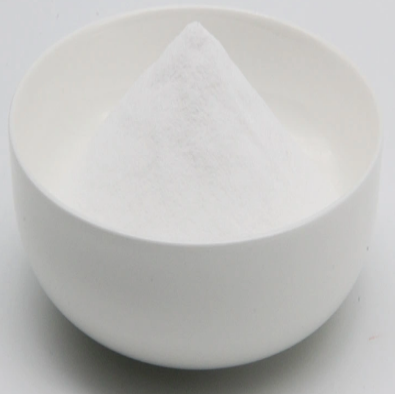
Vitamin C CAS:50-81-7 Manufacturer Price
Vitamin C feed grade is a nutrient supplement specifically designed for animals. It is a powerful antioxidant that supports the immune system, enhances collagen synthesis, aids in iron absorption, and helps animals manage stress. It is a vital component in animal feed formulations to ensure optimal health and performance.
-
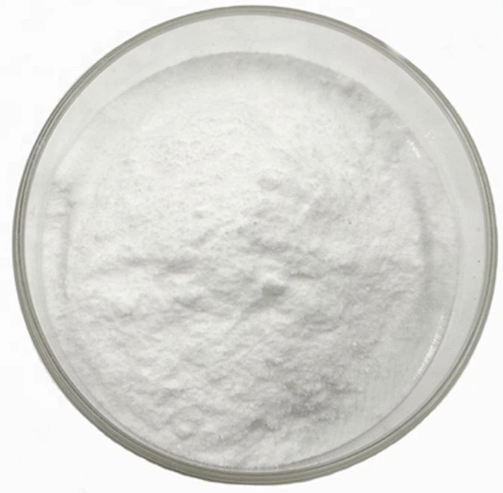
Albendazole CAS:54965-21-8 Manufacturer Price
Albendazole is a broad-spectrum anthelmintic (anti-parasitic) drug commonly used in animal feed. It is effective against various types of internal parasites, including worms, flukes, and some protozoa. Albendazole acts by interfering with the metabolism of these parasites, ultimately causing their death.
When included in feed formulations, Albendazole helps to control and prevent parasitic infestations in animals. It is commonly used in livestock, including cattle, sheep, goats, and swine. The drug is absorbed in the gastrointestinal tract and distributed throughout the animal’s body, ensuring systemic action against parasites.
-
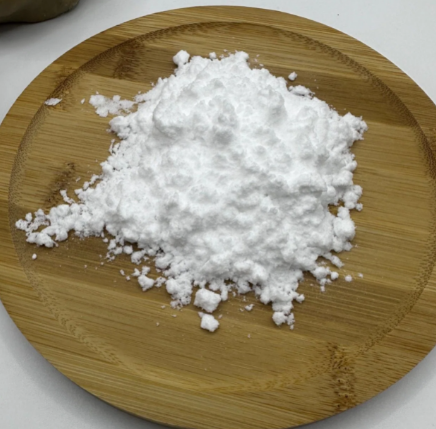
Vitamin B5 CAS:137-08-6 Manufacturer Price
Vitamin B5 feed grade, also known as pantothenic acid, is a vital nutrient used in animal feed to support growth, metabolism, and overall health. It plays a critical role in energy production, hormone synthesis, and nervous system function. Adding Vitamin B5 to animal diets helps optimize nutrient utilization, reduce stress, improve skin and coat health, and enhance reproductive performance. It is essential to meet animals’ Vitamin B5 requirements to prevent deficiencies and promote optimal well-being in livestock and poultry.
-

Vitamin B6 CAS:8059-24-3 Manufacturer Price
Feed-grade vitamin B6 is a synthetic form of vitamin B6, also known as pyridoxine, that is specifically formulated for use in animal feed. It is commonly added to animal feed to supplement the diets of livestock and poultry, as it plays a crucial role in many biological processes.Vitamin B6 is essential for the metabolism of amino acids, the building blocks of protein, and contributes to the synthesis of neurotransmitters and red blood cells. It also supports the immune system, helps maintain healthy skin and coat, and promotes overall growth and development in animals.Feed-grade vitamin B6 typically comes in the form of a powder or liquid and is incorporated into animal feed formulations at recommended levels to ensure that animals receive adequate amounts of this important nutrient. It is important to follow the recommended dosage guidelines provided by the manufacturer or a veterinarian to ensure proper supplementation and avoid any potential negative effects.
-

Acid Protease CAS:9025-49-4
Protease is a kind of hydrolase that breaks peptide bonds. It has a wide range of uses and is one of the main industrial enzyme preparations. It acts on protein and decomposes it into peptones, peptides and free amino acids, and is mainly used in food, feed, leather, medicine and brewer Chemicalbook industry.
-

β-Glucanase CAS:9025-70-1 Manufacturer Price
Beta-Glucanase BG-4000 is a kind of microbial enzyme produced by submerged culture. It is endoglucanase which specifically hydrolyzes beta-1, 3 and beta-1, 4 glycosidic linkages of Beta-Glucan to produce oligosaccharide containing 3~5 glucose unit and glucose.
Dextranase enzyme refers to the total name of multiple enzyme which can catalyze and hydrolyze β- glucan.
dextranase enzyme in plants exists with kinds of Complex molecules polymer together such as:amylum,pectin, xylan, cellulose, protein, lipid and so on. So, dextranase enzyme can be used only, but the more effective way to hydrolyzing cellulose is the mixed use with other relative enzymes, in which the use-cost will be reduced.
-

Chromium Picolinate CAS:14639-25-9
Chromium picolinate feed grade is a form of chromium that is commonly used as a nutritional supplement in animal feed. It is known for its ability to enhance the metabolism of glucose and improve insulin sensitivity. By doing so, it can help regulate blood sugar levels and support optimal energy metabolism in animals.
Chromium picolinate feed grade is often included in feed formulations for livestock and poultry, as well as in pet foods. It is particularly beneficial for animals with conditions such as insulin resistance or diabetes, as it can help improve glucose utilization and reduce the risk of metabolic disorders.
Additionally, chromium picolinate feed grade has been associated with improved growth performance and feed efficiency in animals. It can also enhance the immune system and promote overall health and well-being.
-
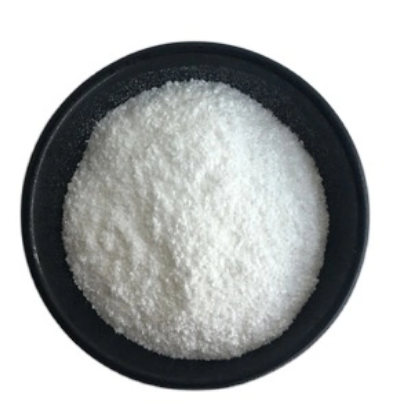
Cellulase CAS:9012-54-8
Cellulase is made from the strain of Trichoderma reesi through cultivation and extraction technique. This product can be used for feedstuff, brewing, grain processing, treatment of textiles with cotton, , stick gum or yarn as plus material and Lyocell fabric. It can also be used for the stonewash of jean garments together with pumice, or solely used for the ferment washing of different styles of jean fabric.
-
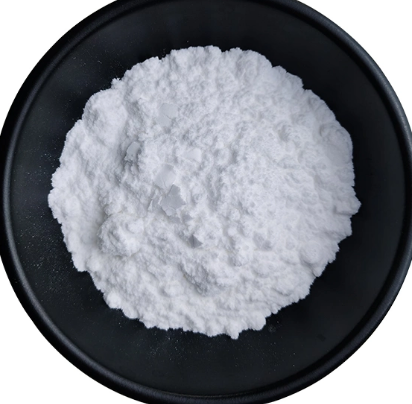
Lysozyme CAS:12650-88-3 Manufacturer Price
Lysozyme feed grade is a naturally occurring enzyme derived from egg white, which has been specially formulated for use as a feed additive in animal nutrition. It acts as an effective antimicrobial agent, helping to prevent the growth of harmful bacteria in the animal’s digestive system. By promoting gut health, lysozyme feed grade aids in improving feed efficiency and overall animal health. It is commonly used in poultry, aquaculture, and swine industries as a safe and natural alternative to antibiotics.
-
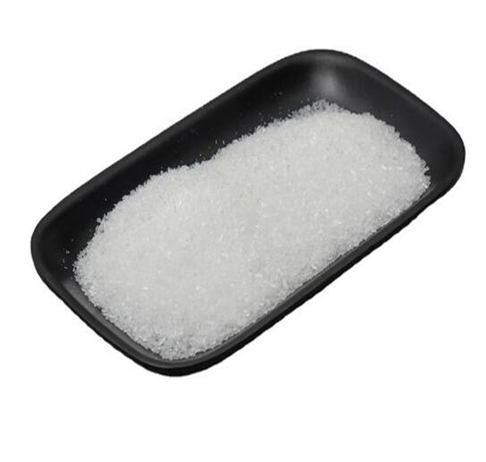
Diammonium Phosphate (DAP) CAS:7783-28-0
Diammonium Phosphate (DAP) feed grade is a commonly used phosphorus and nitrogen fertilizer that can also be used as a nutritional supplement in animal feed. It is composed of ammonium and phosphate ions, providing both essential nutrients for animal growth and development.
DAP feed grade typically contains a high concentration of phosphorus (around 46%) and nitrogen (around 18%), making it a valuable source of these nutrients in animal nutrition. Phosphorus is vital for various physiological functions, including bone formation, energy metabolism, and reproduction. Nitrogen plays a crucial role in protein synthesis and overall growth.
When incorporated into animal feed, DAP feed grade can help meet the phosphorus and nitrogen requirements of livestock and poultry, promoting healthy growth, reproduction, and overall productivity.
It is important to consider the specific nutritional needs of the animals and work with a qualified nutritionist or veterinarian to determine the appropriate inclusion rate of DAP feed grade in the feed formulation.
-
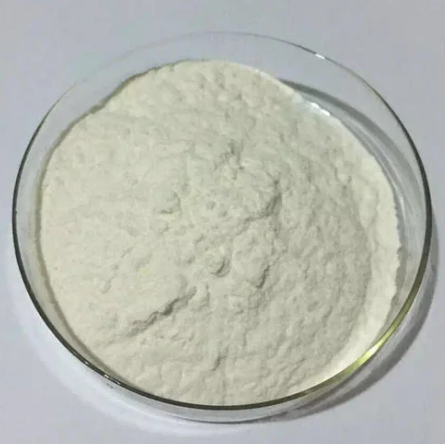
Mannanase CAS:60748-69-8
MANNANASE is an endo-mannanase preparation designed to hydrolyze the mannan, gluco-mannan and galacto-mannan in plant feed ingredients, releasing and making available the trapped energy and proteins. Through the submerged liquid fermentation production process as well as the comprehensive application of after-treatment technologies, Because of the high enzyme activity, the various preparations as well as their high efficiency these products can meet different needs. MANNANASE allows maximized use of nutrient dense, lower priced plant feed ingredients without the negative effects previously encountered.
-
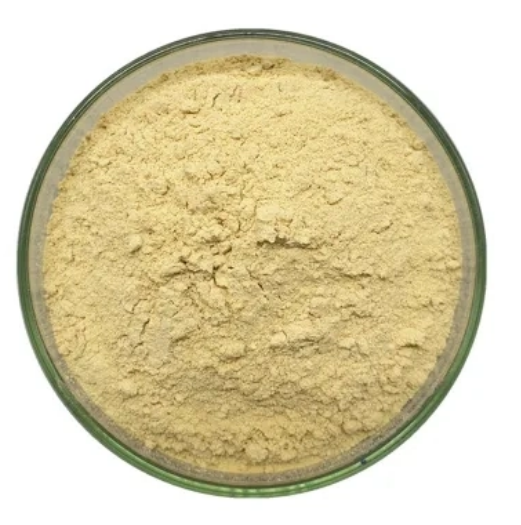
Vitamin A Acetate CAS:127-47-9
Vitamin A Acetate feed grade is a form of vitamin A that is specifically formulated for use in animal feed. It is commonly used to supplement animal diets and ensure adequate levels of vitamin A, which is essential for various physiological functions.Vitamin A is important for optimal growth, reproduction, and the overall health of animals. It plays a crucial role in vision, immune system function, and the maintenance of healthy skin and mucous membranes. Additionally, vitamin A is necessary for proper bone development and is involved in gene expression and cell differentiation.Vitamin A Acetate feed grade is typically supplied as a fine powder or in the form of a premix, which can be easily blended into animal feed formulations. The usage and recommended dosage may vary depending on the specific animal species, age, and nutritional requirements.Supplementing animal diets with Vitamin A Acetate feed grade helps to prevent vitamin A deficiency, which can lead to a range of health issues such as poor growth, compromised immune function, reproductive problems, and susceptibility to infections. Regular monitoring of vitamin A levels and consultation with a veterinarian or animal nutritionist is recommended to ensure proper supplementation and to meet the specific needs of the animals.

